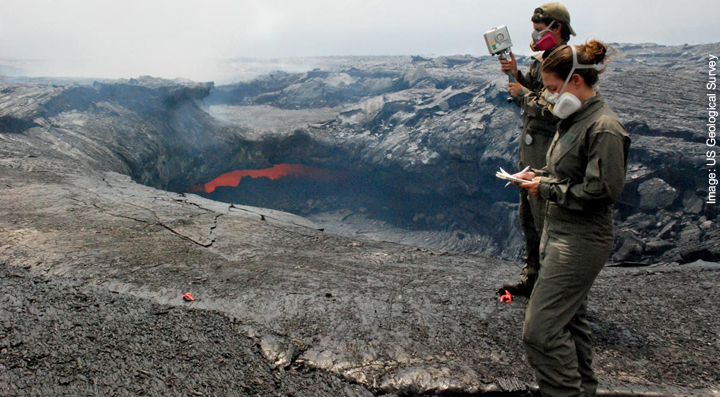Applying for a postgraduate degree
PhD applications (at least for those competing for funding through a 'doctoral training programme') usually close in January. Masters-level courses may close applications anytime between January and June before a programme begins, so it is vital to check deadlines with the university well in advance.

Application Requirements
Applications are made through an online application system of the host university. All of these differ slightly, but typically ask for the following:
Full academic transcripts
- Transcripts of your undergraduate qualifications are more detailed than a certificate and include a breakdown of your grades in examinations and coursework. If you haven’t yet completed your undergraduate degree, you can submit a transcript of your grades so far.
- At the application stage, only scanned copies of your transcripts are usually required and these are uploaded onto the application system. These must have a university seal/stamp on them – hence most systems ask that both the front and back of transcripts be scanned.
- If you are successful, then some institutions require your previous university to send official transcripts. You need to request this from your undergraduate institution but you are not allowed to deliver the transcripts yourself.
- If you are applying within the same institution with which you undertook your undergraduate degree, then sending official transcripts is not required.
 Personal statement
Personal statement
You always need to submit a personal statement explaining why you want to undertake the particular postgraduate course (usually limited to about a page in length). This is shorter than the undergraduate personal statement but must be much more specific to the course you are applying for - do not use your UCAS statement as a template! Universities usually provide guidance on what to include, but important things to consider are:
- What interests you about the course? All courses should list their individual modules and course structure and you should highlight the parts you think you will enjoy or find useful in your chosen career.
- What relevant parts of your undergraduate degree did you particularly enjoy?
- What are your short and long-term career goals - will a postgraduate degree help you take your career to the next level? If you have any relevant work experience include this.
- Your skills and abilities - both academic and non-academic. Include any achievements during your undergraduate degree, such as awards, research or published work, and any other relevant skills such as languages or IT.
- Why are you applying to the particular university/institution? Are there particular members of staff that you would like to work with? Does the institution undertake research you find engaging and/or important? If applying for a PhD, this is extremely important as you must show familiarity with a potential supervisor’s research interests. It is also crucial to state that you hope to further the research of the institution or research group you will be working in.
 Academic References
Academic References
- You will be asked for contact details of two people to provide references. These should be people who have taught or worked with you in the past (often tutors from your undergraduate degree).
- It's best to check with potential referees that they are willing to provide a positive reference before giving their details.
- Some application systems have the option to upload a pre-written reference if you have one.
- Often your application will not be considered until both references are received - another good reason to apply before the deadline!
 Other possible requirements
Other possible requirements
- An up-to-date CV - this is not compulsory for MSc applications at most institutions, but you might choose to include one if you have relevant work experience. Visit the CV advice page for tips on how to construct a good CV. Some application systems require evidence of work experience to be uploaded, such as scans of contracts.
- If you are asked to attend an interview, it is a good idea to bring along a copy of your thesis or a recent major piece of work to show potential supervisors/course leaders. Note that not all universities interview MSc candidates.




